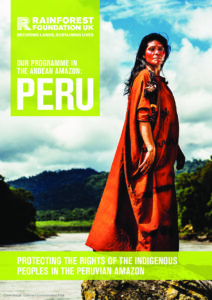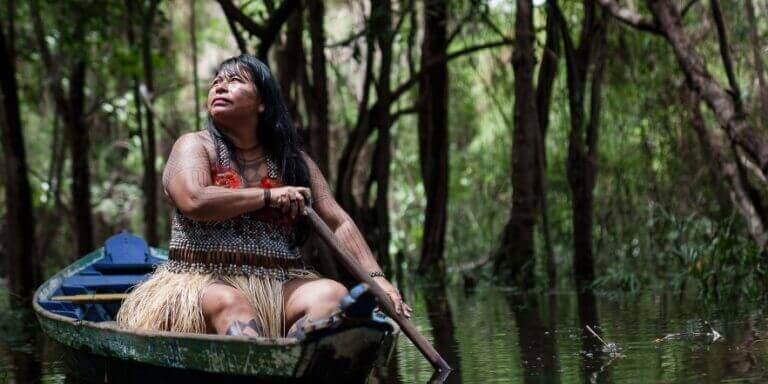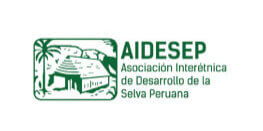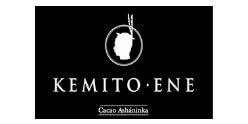Overview
Our indigenous livelihoods programme in the Ene River valley region of the central Peruvian Amazon supports Asháninka families to generate sustainable incomes through the production of environmentally friendly cacao.
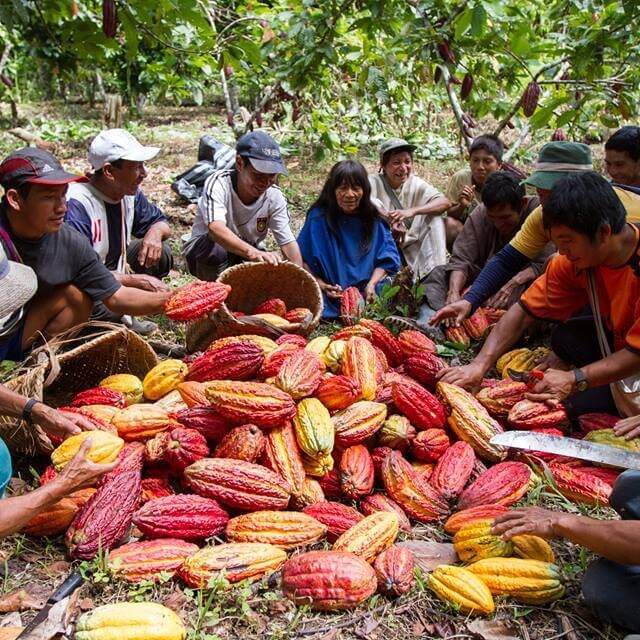
The issue
RFUK has worked in the Ene River valley in the central Peruvian Amazon since the 1990s, where we supported the Asháninka to title and protect their ancestral lands. We then supported their efforts to define, in practical terms, what Kametsa Asaike ("the good life”) means for them. After thorough consultation, the Asháninka set an agenda that still guides their collective actions and that is the basis for our work with them. One of their main priorities is having livelihood activities that are compatible with their culture and the need to protect the forest for future generations.
Cocoa production provided such an opportunity for Asháninka families. In 2010, they founded an indigenous cooperative, Kemito Ene, which transformed their production and that now has hundreds of members and sells their cocoa to international markets under organic and fair-trade labels. Kemito Ene evolved from a modest initiative to a producers' association which has been recognised with the UN Equator Prize in recognition of its "outstanding community effort to reduce poverty through the conservation and sustainable use of biodiversity".
What we're doing
- We support the Asháninka to improve the quality and productivity of their cacao and also Kemito Ene to strengthen as an indigenous cooperative, renewing its business plan and value proposition as well as diversifying its commercial partners.
- Alongside the representative indigenous organisation CARE, we are supporting the Asháninka to embed this production into broader plans they have for their forests, as well as to protect these lands from encroachment and illegal activity using our ForestLink forest monitoring system.
- Now, our focus is to continue progressing on cocoa quality following an agroforestry approach, which will protect and expand forest cover, diversify incomes and food sources, and increase carbon stocks.
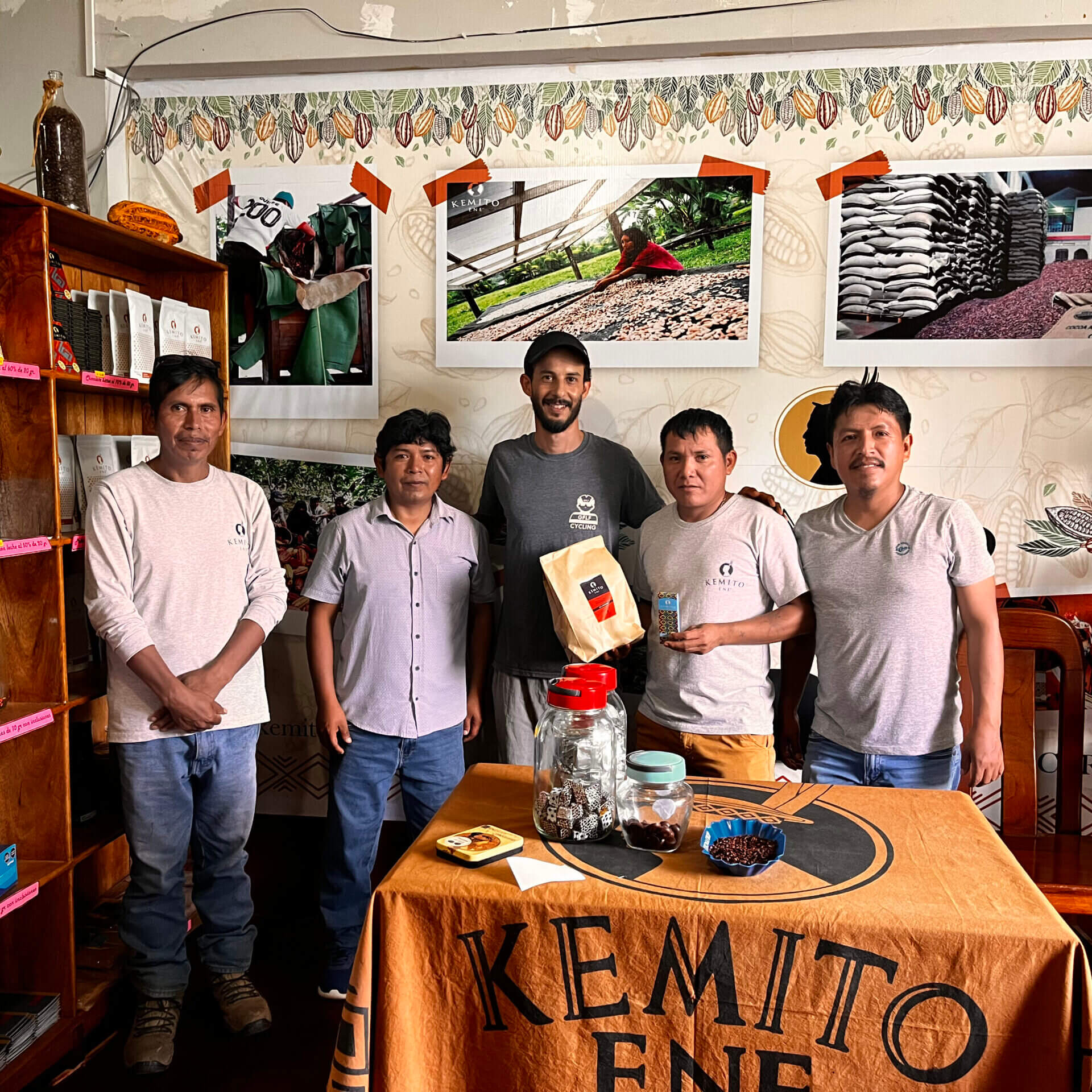
Latest news
Featured publications

Veedurías Forestales para la Defensa de los Territorios Indígenas y la Conservación de la Naturaleza en la Amazonía Peruana: la Experiencia de la FENAMAD con el Sistema de Alerta Temprana ForestLink

Executive Summary: Forest Observatories for the Defence of Indigenous Territories and the Conservation of Nature in the Peruvian Amazon: the Experience of the Native Federation of Madre de Dios and the ForestLink Project

Asociación de Productores Kemito ‒ Ene (Peru), New Economy, Equator Prize 2019 Spotlight
